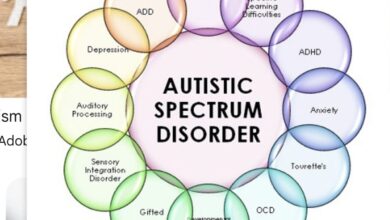TOO MUCH HDL-CHOLESTEROL?

For decades we’ve been told about the cardio-protective benefits of the “good cholesterol,” High Density Lipoprotein Cholesterol (HDL-C). We were warned that a low HDL-C (below 40) puts us at higher risk for hardening of the arteries and more specifically, coronary artery disease. We were repeatedly urged to use diet, exercise, and medication to raise our HDL-C.
Recently, however, information has come to light that says too much HDL-C possibly can lead to a higher incidence of death from all causes. Yes, that’s right! Higher HDL-C can mean a higher death rate! Researchers from the United Kingdom studied nearly 20,000 patients with coronary disease for 7-9 years. There were 255 patients with HDL-C’s above 80 mg/dl. In that 7-9 year period, almost 17% of patients with high HDL-C’s died from all causes. Of the 7888 patients with HDL-C’s between 40-60 mg/dl, only 11.26% of them died from all causes.
Is the high HDL-C the cause of a higher death rate or is this just a coincidence or an ill-logical conclusion? I think it’s a bit of a stretch to say the high HDL-C was the cause of the deaths. There have to be dozens of other factors involved as well. The difference is only 5.6%, a small number, so how do they really know the HDL-C is the cause? The article states that more investigation into the association of HDL-C and a higher death rate is warranted, and I enthusiastically agree.
For now, I’m still buying in to the cardio-protective benefits of a high HDL-C. Were I still practicing, I would work as hard as ever to get a patient’s HDL-C as far above 40 as I can, until a strong, definitive study tells me otherwise.
Reference: News from the JAMA NETWORK. “High HDL Cholesterol linked with death in Coronary Artery Disease.” JAMA 2022 July 5;328(1):10.




